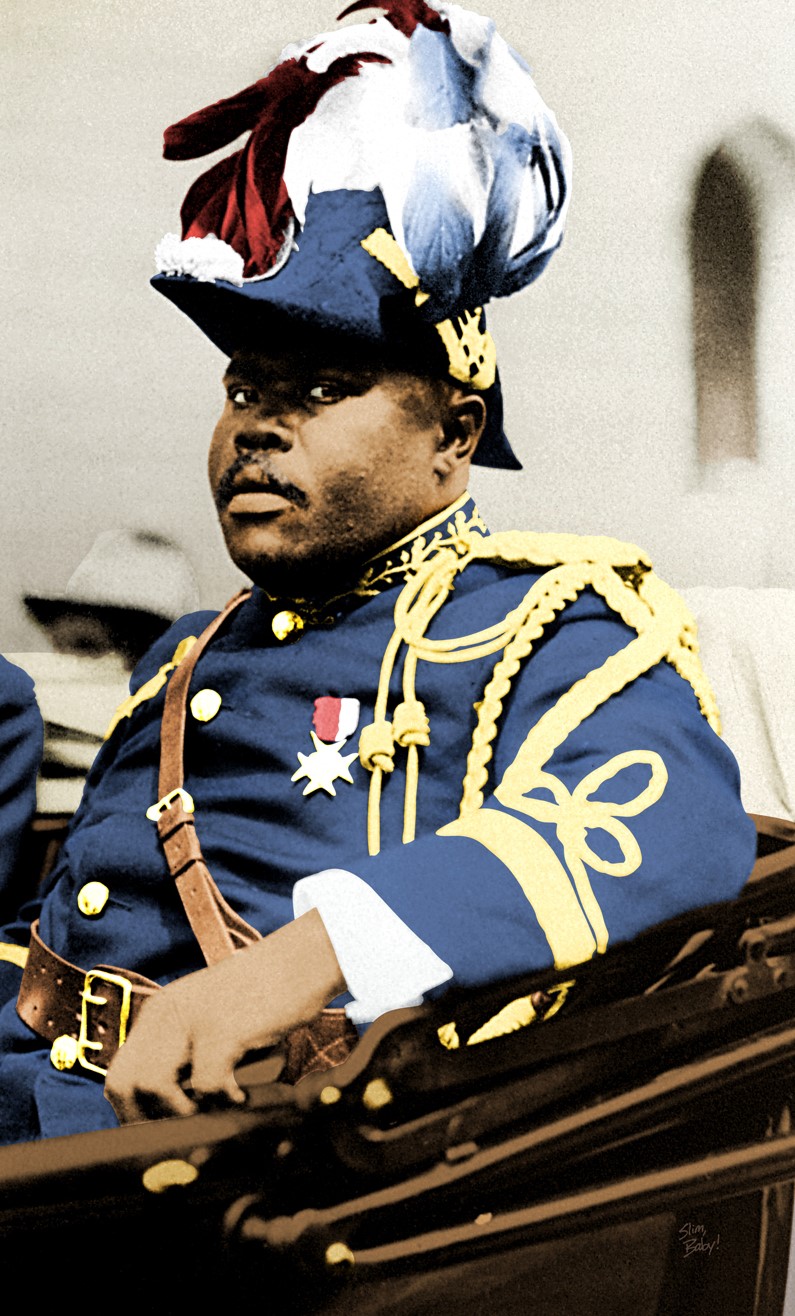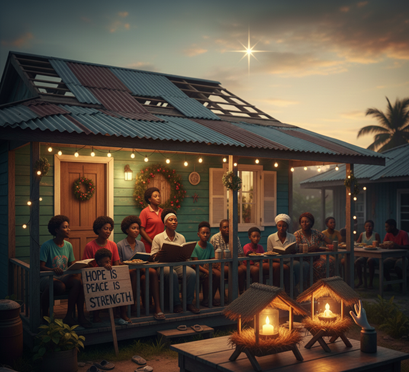
“We are going to emancipate ourselves from mental slavery, for though others may free the body, none but ourselves can free the mind. Mind is our only ruler; sovereign. The man who is not able to develop and use his mind is bound to be the slave of the other man who uses his mind because man is related to man under all circumstances for good or ill.”
- — Marcus Garvey
Because something might appear improbable does it make it less necessary? Because something might appear fantastic does it make it less true? Because something might have a long track record of failure is that grounds enough to not keep on trying? These are all questions to consider when we as Black people review the philosophy and the opinions of The Right Excellent Marcus Mosiah Garvey, Jamaica’s first National Hero, especially using the quotation at the beginning of this opinion piece, a part of which was made famous by the late international Reggae icon Robert Nesta Marley, as the basis for pondering the validity or the veracity of such questions.
The context of Mr. Garvey’s statement is one of racial pride, against a backdrop of hundreds of years of African colonialism by European powers, which included the exploitation, denigration, oppression, and enslavement of our African ancestors. With the miseducation of the Black man, when he was made bereft of his history and of his culture by the imperialist powers, there was a need for the light of truth to be shed in his darkness of ontological night. And so, although we can understand why race was the bugle used in the call to arms to break free of intellectual bondage, the concept of race, in and of itself, has proven to have both anemic and brittle qualities as a socio-political cement for unifying people of colour in order to pursue and to achieve that noble goal.
This writer is of the opinion that Mr. Garvey knew that the African race was not homogeneous nor was it monolithic, whether culturally or politically. How many Africans on the continent, for instance, worked in tandem with their European colonizers to deprive their fellow Africans of their precious resources? How many Africans helped to capture other Africans during tribal conflicts and then found that there was material profit in selling them into chattel slavery to whites? And what of the rise and fall of the great kingdoms within the continent well before the advent of European colonization which, like other races on other continents, achieved great power and glory through much bloodshed and plunder? Even while he fought to instill Black pride in his Afro-American brothers and sisters there were those among them who fought against him. And yet, he called for unity because of their continental if not their common racial heritage. Was he naïve or was there a metaphysical lynchpin within the concept of Blackness that he had discovered towards that end?
Perhaps Mr. Garvey’s ambition with respect to Black consciousness, one which was inextricably wedded to the idea of Black unity, was tempered more by realism than by idealism. Did he really believe that complete African unity was achievable, given what history had taught him and by what he had experienced personally while being a cultural and political activist in the United States, or was he more of the opinion that it was obtainable only in part? One’s guess would be as good as this writer’s or as that of anyone else’s for that matter. But, regardless of what his position was on this matter the enthusiastic response that he received from the general masses of Black folk in the United States, especially in New York, was that at least the latter possibility was achievable. And yes, despite signs of the ravages of war and of sharp divisions on the African continent, if there is a United States of America numbering 50 states, and if there is a looser confederation of the European Union numbering 27 countries, why then would it be an impossibility for a union of African states, consisting of the 50-odd countries which now exist on the continent, to come into existence? Perhaps, then, anyone who balks at the notion of Mr. Garvey’s Pan Africanism is not a realist in truth but is one among those who must liberate themselves from mental slavery. And where did the idea come from that Africans could not achieve such unity?
Assuming that some or all who read this piece are of the opinion that Mr. Garvey was a mere dreamer, one who was the only inhabitant in a world of fantasy created by and for himself, then one has to weigh such an assertion against world history and current affairs. The African Union (AU) is a continental union of 55 member states located on the continent of Africa. The bloc was founded on May 26, 2001, in Addis Ababa and it was launched on July 9, 2002 in Durban, South Africa. The intention of the AU was to replace the Organization of African Unity (OAU), which was established on May 25, 1963 in Addis Ababa by 32 signatory governments. The OAU was disbanded on July 9, 2002. The most important decisions of the AU are made by the Assembly of the African Union, a semi-annual meeting of the heads of state and government of its member states.
Before the AU in Africa 14 nations in the Caribbean region established the Caribbean Community (CARICOM or CC) in 1973. It has the primary objective of promoting economic integration and cooperation among its members, of ensuring that the benefits of integration are equitably shared, and of coordinating foreign policy. It appears that the spirit of Mr. Garvey lives. Again, if the world found no credence in what Mr. Garvey stood for, then why has he been greatly honoured worldwide with statues, street names and plaques? Why is he Jamaica’s first National Hero? And why does a bust, artfully fashioned in his likeness, stand in the Hall of Heroes of the Organization of American States in Washington, D.C.?
Although views on Black consciousness and on Black unity still resonate today within the African Diaspora and on the African continent, long since the days of Mr. Garvey’s sojourn upon this earth, are they still, to borrow words from William Shakespeare, “Much ado about nothing”?
Are they just thoughts emanating from an anxious and a neurotic people who are forever crying wolf with no wolf pack in sight? Are they going a bit overboard with all this hoopla about African History? In answer to those questions, one only needs to take note of the rise of racism in Europe and in the United States, and of efforts which have gone into high gear in the latter to squelch and to eradicate every vestige of African heritage from every table of content, from every paragraph, from every footnote, from every chapter and from every index in the annals of American History.
The battle for the Black man’s mind, and for every mind that is susceptible to the lure of white racist propaganda, to racial hatred and to deadly violence is still being waged today and with a new vengeance. And so, even on this score, the philosophy and the opinions of Mr. Garvey still have great relevance for all people of African descent and, indeed, for all the races of men.



